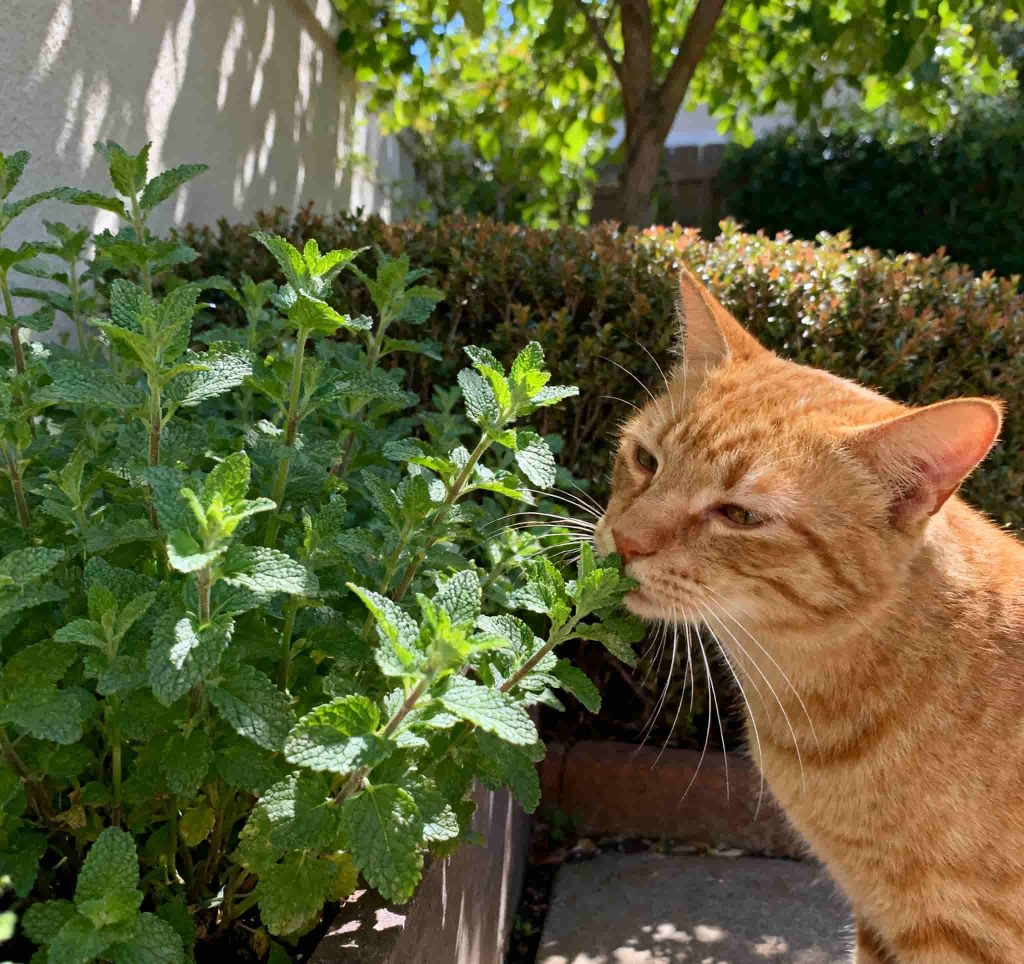
CITRONELLA
Perhaps the most well – known natural mosquito repellent, citronella oil is derived from the leaves and stems of certain species of Cymbopogon grasses. Its strong, lemony aroma overwhelms the mosquitoes’ sensors, making it difficult for them to detect the carbon dioxide and body odor cues that lead them to their human hosts. Citronella candles are a popular choice for outdoor gatherings, releasing the scent as the wax burns. You can also find citronella – infused wristbands and sprays. However, it’s important to note that the effectiveness of citronella can be short – lived, and reapplication or relighting candles may be necessary for continuous protection.
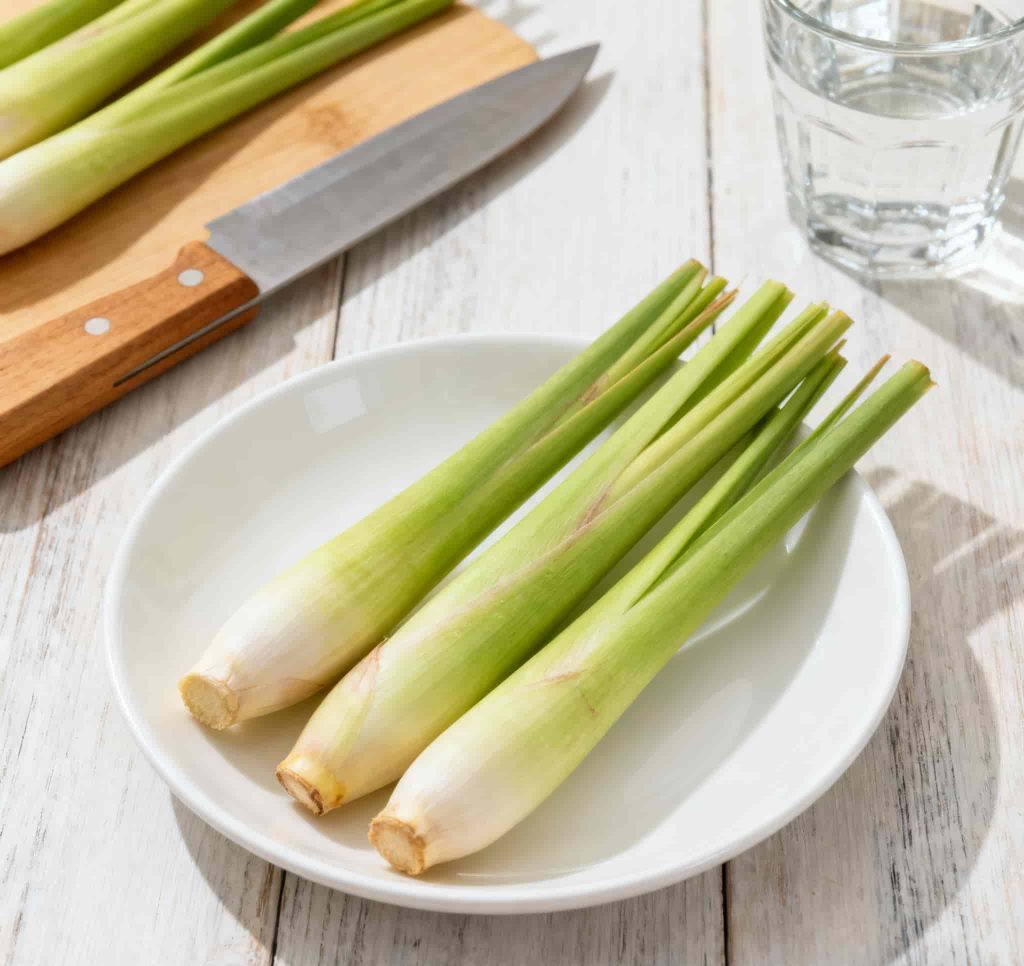
Eucalyptus
There are various ways to utilize eucalyptus for mosquito control. Eucalyptus – based mosquito repellents are widely available in the market. These products can be applied directly to the skin or clothing, providing several hours of protection against mosquito bites. Additionally, burning eucalyptus leaves or using eucalyptus – infused candles in outdoor areas can create a mosquito – free zone. Even planting eucalyptus trees around homes can act as a natural barrier, as the continuous release of its aroma deters mosquitoes from approaching. Overall, eucalyptus offers a natural and eco – friendly alternative to synthetic mosquito repellents.

LAVENDER
The sweet, floral scent of lavender is beloved by humans, but mosquitoes can’t stand it. Lavender oil contains linalool and linalyl acetate, which act as natural insect repellents. Besides using lavender essential oil in diffusers or as a spray, you can plant lavender bushes in your garden. Not only will they add a beautiful touch to your outdoor space, but they’ll also create a natural mosquito – repelling barrier.
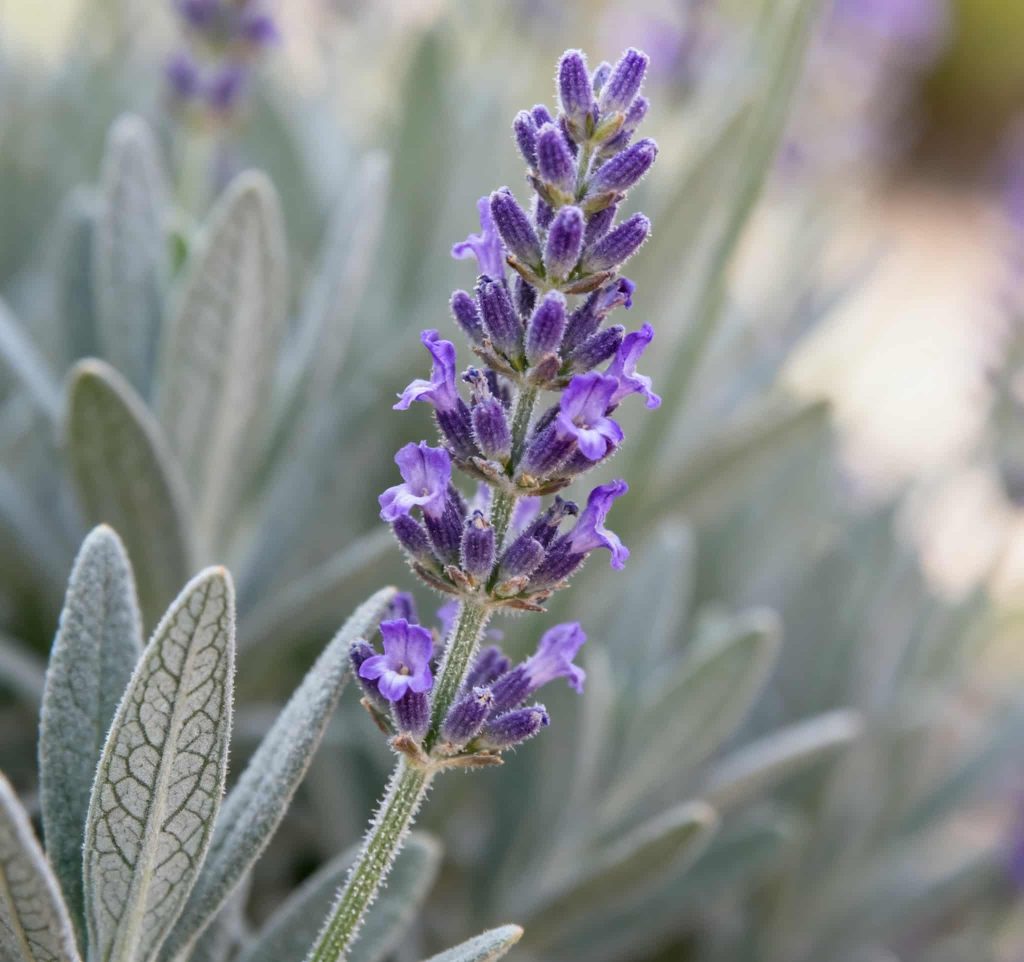
PEPPERMINT
Peppermint oil has a strong, cool, and invigorating scent, thanks to its high menthol content. This odor disrupts the mosquitoes’ ability to sense their surroundings and locate potential hosts. You can make a simple peppermint – based repellent at home by mixing a few drops of peppermint essential oil with water and a small amount of witch hazel. Spray it on your skin and clothing for a natural and refreshing way to keep mosquitoes at bay.
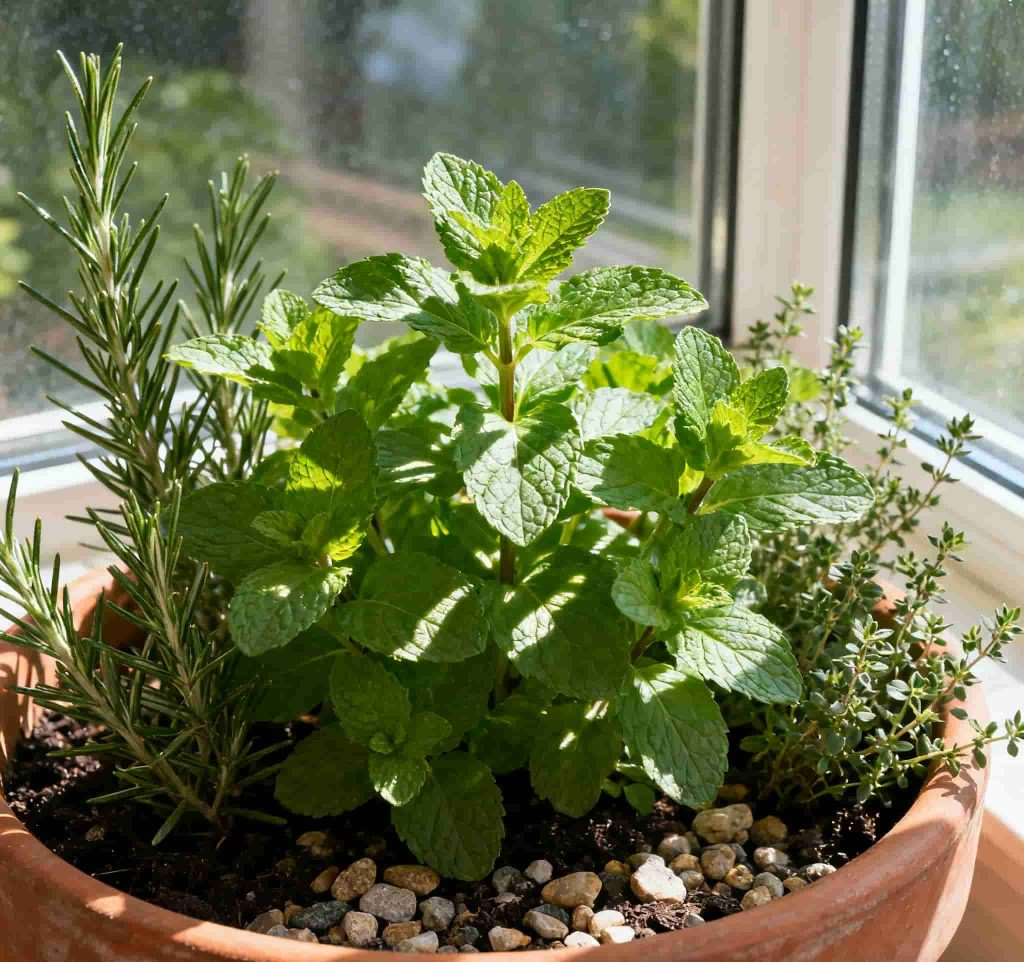
gARLIC
The pungent smell of garlic is not only off – putting to many people but also to mosquitoes. When consumed, garlic compounds are excreted through the skin, creating a natural repellent layer. While the idea of smelling like garlic might not be appealing to everyone, you can also use garlic – based sprays. These are made by steeping garlic cloves in water or alcohol and then straining the mixture. However, the strong odor of garlic – based sprays may be a bit overpowering, so use them with caution.

ROSEMARY
Rosemary has a woody, herbaceous scent that mosquitoes dislike. You can burn rosemary branches as an alternative to citronella candles during outdoor events. The smoke from burning rosemary releases the aromatic compounds into the air, creating a mosquito – free zone. Additionally, rosemary essential oil can be used in homemade repellent recipes or added to lotions for a dual – purpose mosquito – repelling and skin – moisturizing effect.
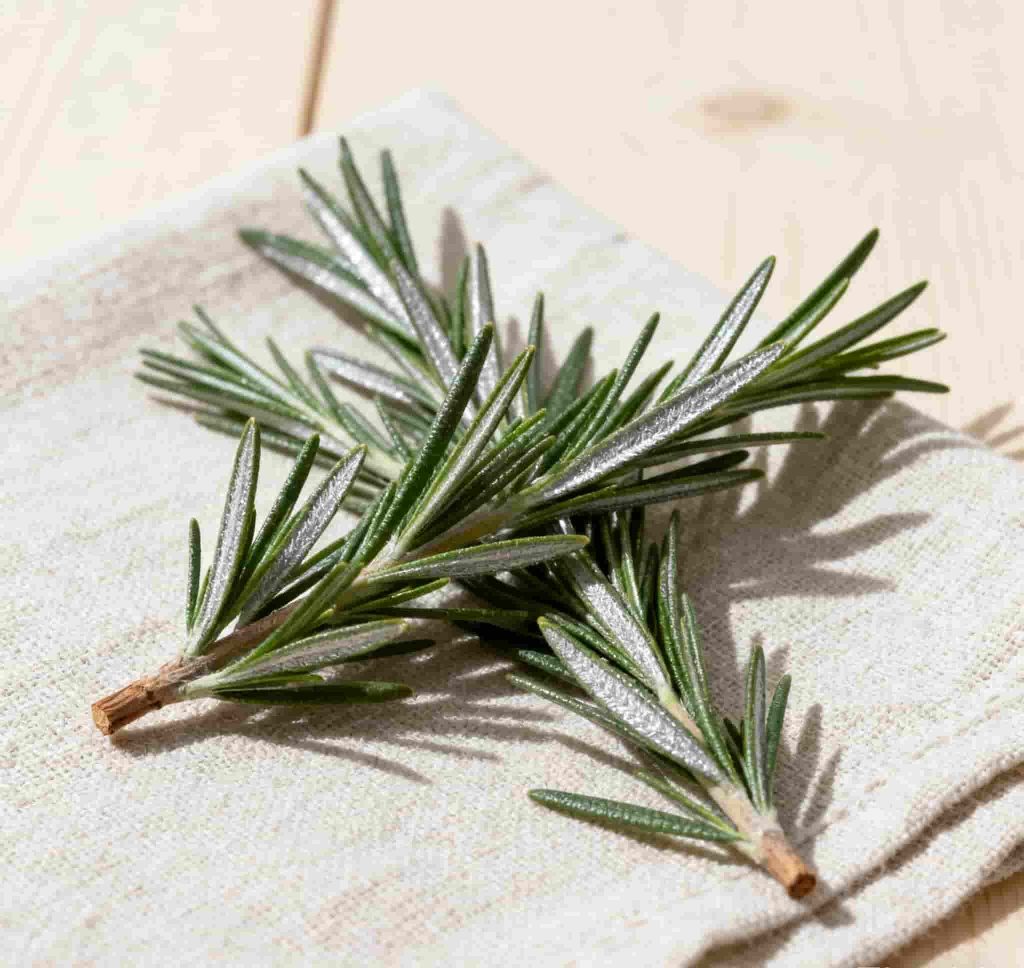
BASIL
Basil is a remarkable herb known for its natural mosquito – repelling properties. It contains compounds like eugenol, linalool, and citronellol, which generate a fragrant aroma that mosquitoes find unappealing. When grown in your garden, balcony, or near entrances, basil plants act as a living shield against mosquitoes. Their continuous release of these scented compounds creates an invisible barrier that deters mosquitoes from entering the area. You can also crush basil leaves to release more of the essential oils. Rubbing the crushed leaves on your skin provides a natural, chemical – free protection layer, effectively reducing the chances of mosquito bites. With its dual function of culinary use and mosquito control, basil is an excellent addition to any home environment.
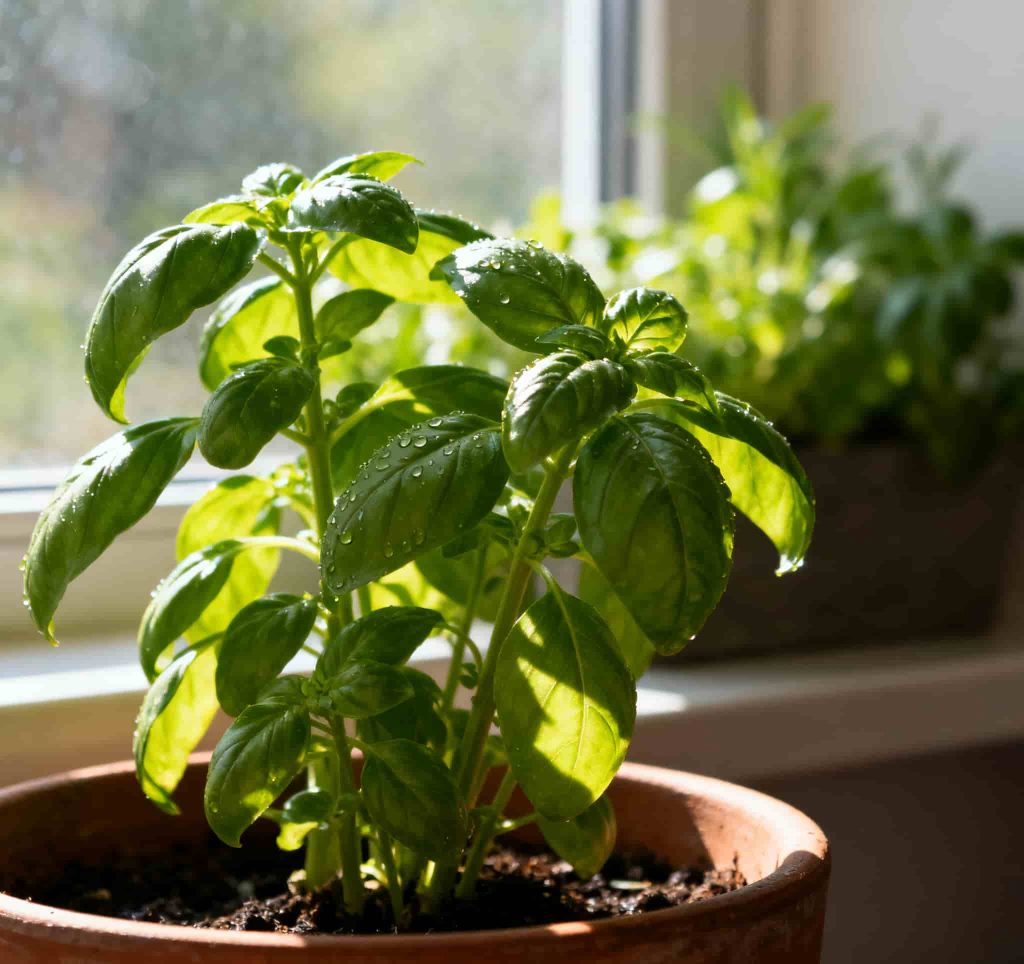
LEMON LEAVES
Lemon leaves are a natural and eco – friendly solution for repelling mosquitoes. They contain citral, limonene and other essential oils that emit a strong, fresh lemon – like fragrance. Mosquitoes are highly sensitive to this scent and tend to avoid areas where it is present. You can plant lemon trees in your garden or keep potted lemon plants on balconies or near windows. The continuous release of the lemon – scented compounds from the leaves creates an invisible mosquito – repelling zone. Another practical way is to crush lemon leaves to extract the essential oils. Then, apply the crushed leaves or the extracted juice to exposed skin areas. This forms a protective layer on the skin that can effectively reduce the probability of mosquito bites. With its pleasant smell and mosquito – repelling ability, lemon leaves offer a chemical – free alternative for keeping mosquitoes away.

CATNIP
Catnip, also known as Nepeta cataria, is a natural mosquito – repellent plant with significant effectiveness. It contains nepetalactone, a compound that can generate a strong odor. This odor is highly repulsive to mosquitoes, much more so than some common commercial mosquito – repellents. Planting catnip in your garden, on your balcony, or around your living areas can create a mosquito – free zone. The natural scent released by the plant can deter mosquitoes from approaching.You can also make a catnip – based mosquito repellent. Crush the catnip leaves and mix them with a small amount of water to create a spray. Spraying this solution on your skin or in the surrounding environment can effectively reduce the presence of mosquitoes. In addition to its mosquito – repelling function, catnip is also well – loved by cats, making it a multi – purpose addition to your home.
